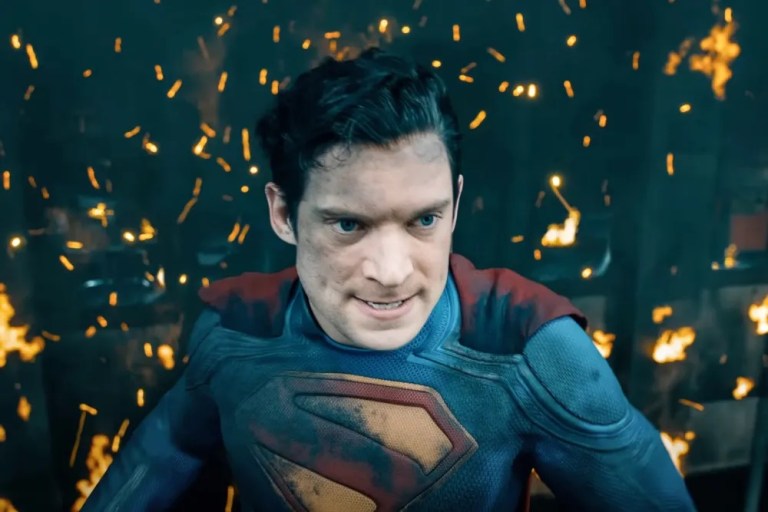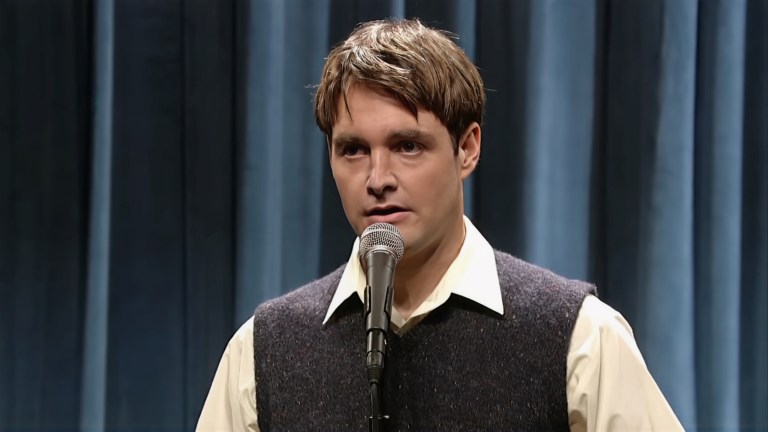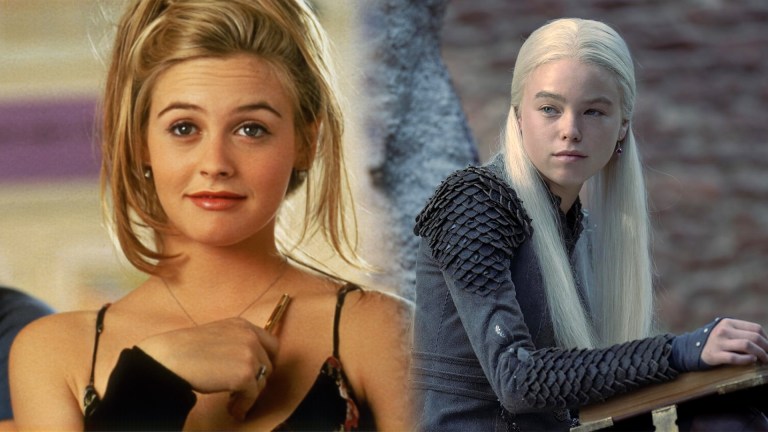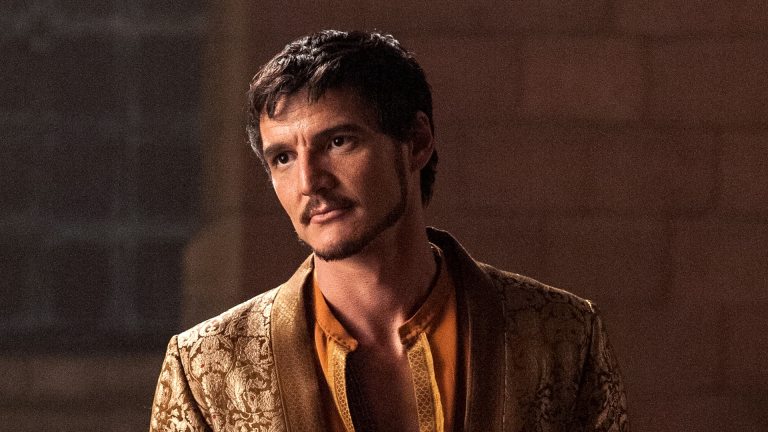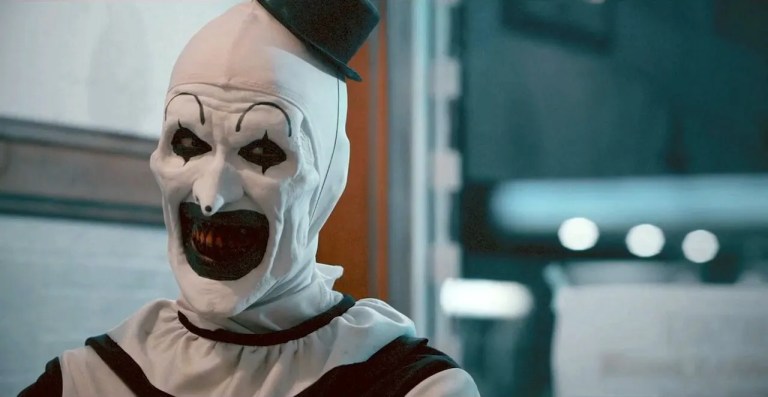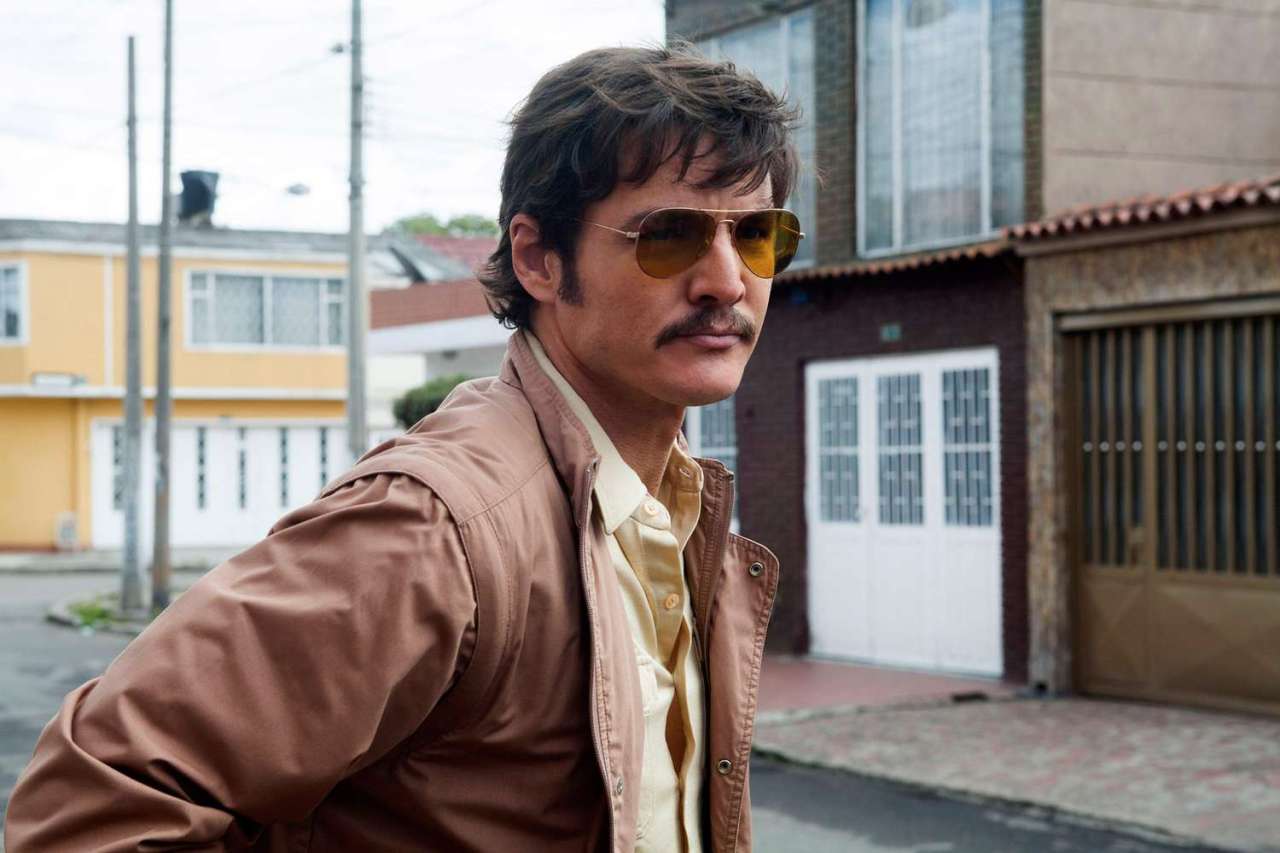
7 Times Pedro Pascal Proved He’s Our Generation’s Most Burdened Dad Figure
Pedro Pascal has a knack for playing characters who carry a lot on their shoulders, often stepping into a protector or father-like role.
Pedro Pascal has quietly evolved into something of a cultural phenomenon, capturing hearts with his distinctive blend of vulnerability and strength. What makes him particularly fascinating isn’t just his range as an actor — it’s the uncanny way he keeps finding himself in roles where he shoulders impossible emotional weight. Time and again, Pascal embodies men who’ve been dealt devastating hands by life, yet continue to carry the burden of protecting those who depend on them. Here are seven performances that have solidified his reputation as the most compelling — and most heartbreakingly burdened — father figure of our time.
Joel Miller (‘The Last of Us’)
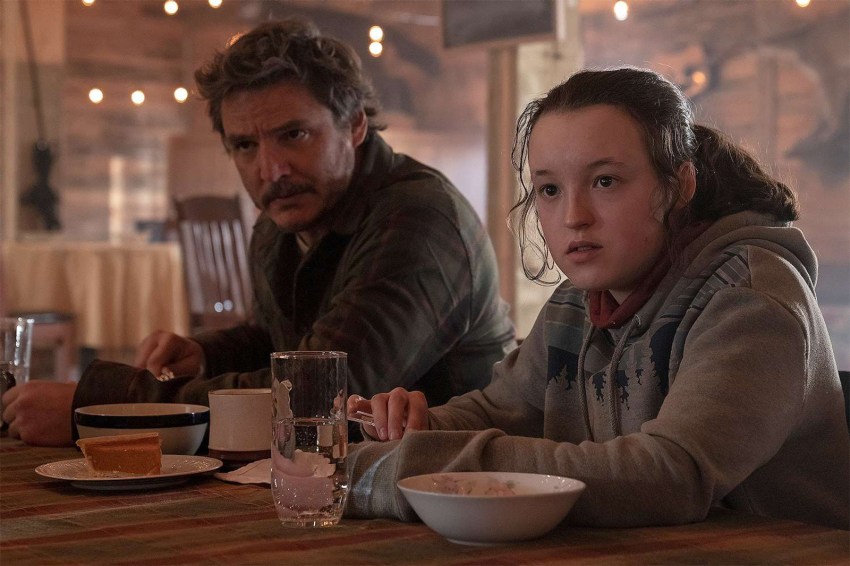
Twenty years after losing his daughter, Joel Miller is basically a walking open wound pretending to be a hardened survivor. Then along comes Ellie, this smart-mouthed kid who reminds him of everything he’s lost, and suddenly he’s back in dad mode, whether he likes it or not. Pascal doesn’t oversell Joel’s pain — it’s there in the way he hesitates before getting too close, how his jaw tightens when Ellie does something reckless. The guy’s terrified of caring again because he knows exactly how much it’s going to hurt when he inevitably loses her. It’s brutal to watch, honestly. You can practically see him fighting his own heart every episode.
Din Djarin (‘The Mandalorian’)
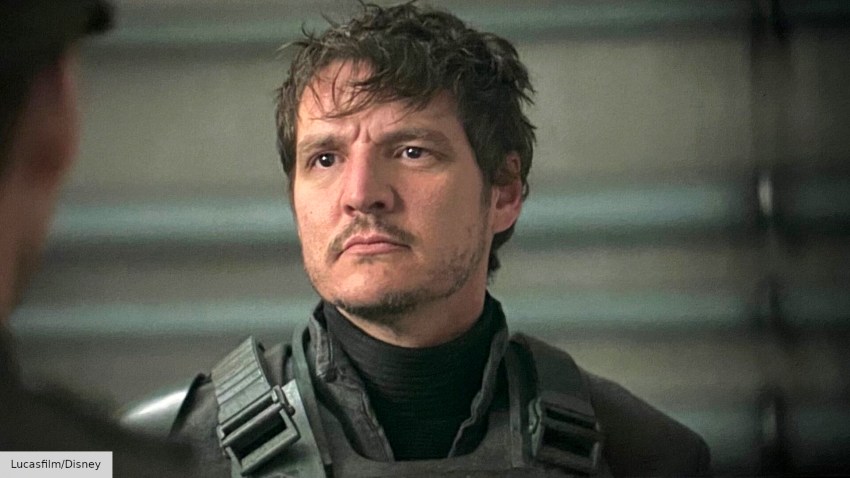
Beneath the beskar armor and behind the unwavering helmet, Din Djarin was supposed to be untouchable — a warrior bound by ancient codes and unshakeable discipline. Then came Grogu, a foundling who changed everything with his wide eyes and innocent trust. What’s remarkable about Pascal’s portrayal is how he conveys a complete emotional transformation without showing his face for most of the series. The subtle shifts in his voice, the hesitation before difficult decisions, the way his body language softens around the child— it all speaks to a man discovering that love can break through even the most rigid programming. Din’s burden isn’t just protecting Grogu; it’s learning to be human again after years of hiding behind a creed that demanded he suppress every personal desire.
Javier Peña (‘Narcos’)
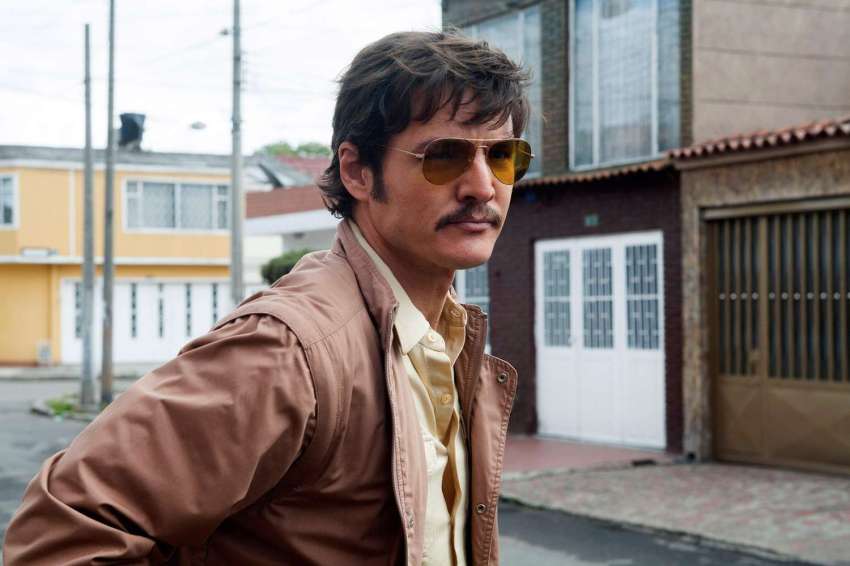
Peña’s the kind of cop who thought he could clean up Colombia through sheer force of will and superior firepower. Spoiler alert: it doesn’t work out that way. Pascal plays him as a man slowly drowning in his own moral compromises, someone who started out believing in clear-cut good and evil but keeps finding himself in situations where the only choices are bad and worse. Every season, you watch him get a little more hollowed out, a little more willing to make deals he would’ve found disgusting a year earlier. The real tragedy isn’t that he fails to catch the bad guys—it’s that he succeeds, but the cost is becoming someone he doesn’t recognize in the mirror.
Oberyn Martell (‘Game of Thrones’)
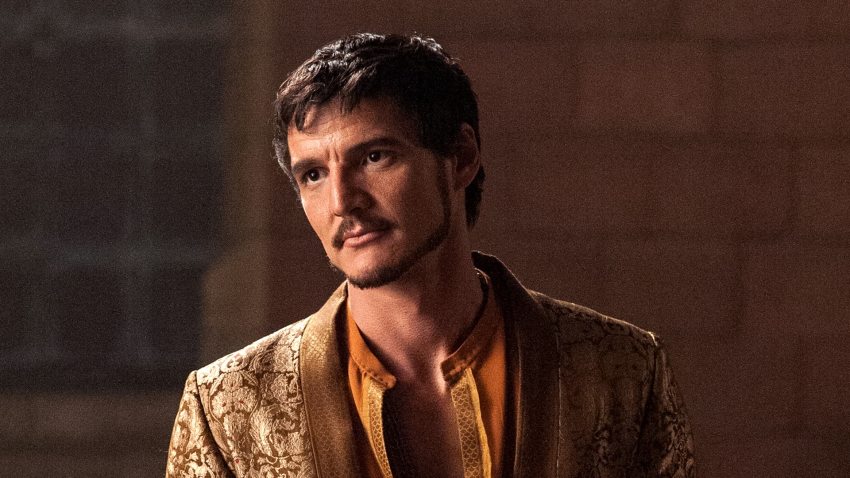
Everyone remembers Oberyn as the sexy, confident prince who talks a big game and fights with poison spears. But Pascal layers in this constant undercurrent of rage that never quite goes away, even when he’s being charming at parties. His sister and her kids were butchered decades ago, and he’s never stopped carrying that grief around like a stone in his chest. The flirting, the drinking, the swagger — it’s all just ways of staying functional while he waits for his chance at revenge. When he finally gets his shot at the Mountain, you realize this moment has been the only thing keeping him alive for years. Pascal makes it clear that Oberyn isn’t really living; he’s just biding his time until he can die for the right reason.
Max Lord (‘Wonder Woman 1984’)
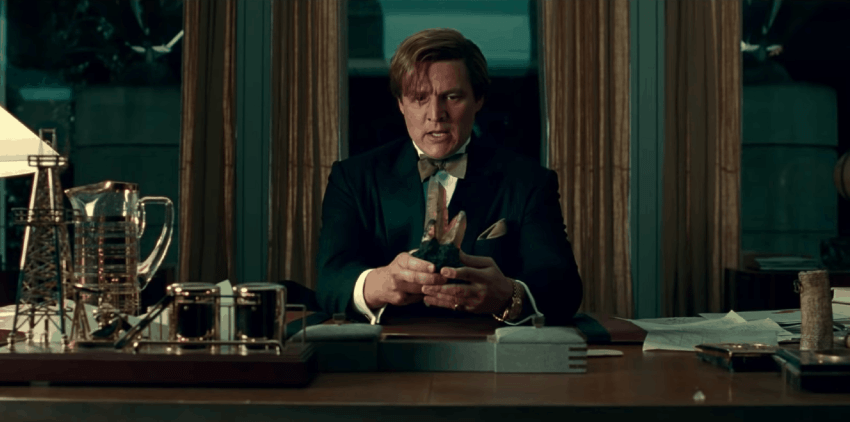
Max Lord is what happens when desperation meets unlimited power, and it’s not pretty. Pascal takes what could’ve been a cartoonish villain and turns him into this pathetic figure who just wants his son to think he’s worth something. The wish-granting thing starts as his ticket to finally being the successful dad he’s always dreamed of being, but it spirals into this nightmare where he’s literally destroying the world to maintain the illusion. What’s heartbreaking is that his kid probably loved him just fine before he got magic powers. Pascal shows us a guy so convinced of his own worthlessness that he can’t imagine being loved for who he actually is. Every wish he grants takes him further away from the person his son fell in love with in the first place.
The Mute (‘Prospect’)
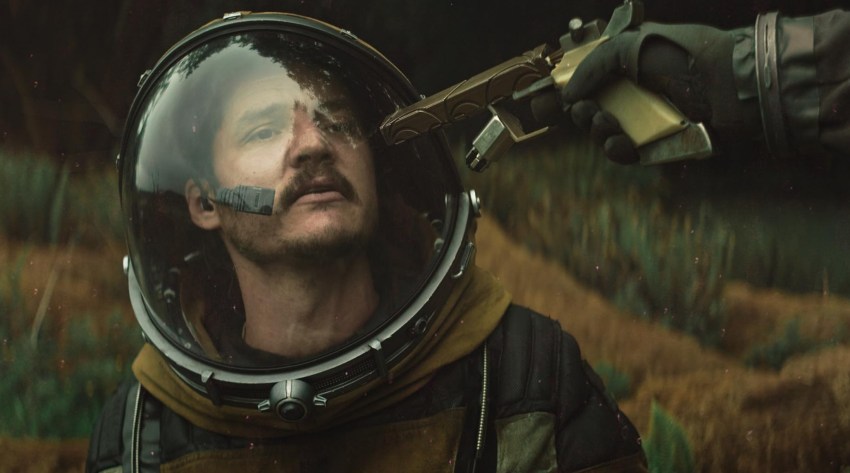
This one’s different because it’s smaller, more intimate. Pascal’s prospector isn’t trying to save the world or get revenge — he’s just trying to survive long enough to get off this poisonous moon with enough gems to make the trip worthwhile. Then this teenage girl becomes his problem, and suddenly, survival isn’t just about him anymore. There are no big speeches or dramatic moments; it’s all in the little things, like how he starts rationing his food differently or the way he teaches her to read the environmental dangers. Pascal plays it like a guy who’s been alone for so long he forgot how to care about another person, but muscle memory kicks in anyway. It’s probably his most understated dad performance, but that almost makes it more powerful.
Reed Richards (‘Fantastic Four: First Steps’)
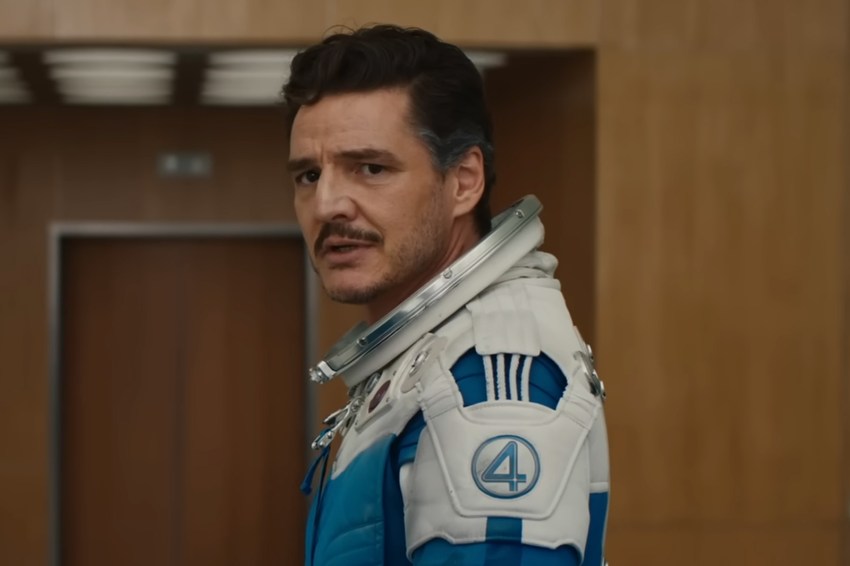
As the leader of Marvel’s First Family, Reed Richards faces what might be Pascal’s most impossible paternal burden yet. Early reports suggest that his unborn child, Franklin — one of the most powerful beings in the Marvel universe — may be the price demanded by Galactus to spare Earth from destruction. The weight of this dilemma goes beyond typical superhero stakes; it’s the ultimate test of a father’s love versus his duty to humanity. Pascal steps into a role that requires him to be both the brilliant scientist solving cosmic problems and the expectant father grappling with an unthinkable choice. The character promises to push Pascal’s exploration of paternal burden into genuinely mythic territory, where the personal and universal collide in the most devastating way possible.
